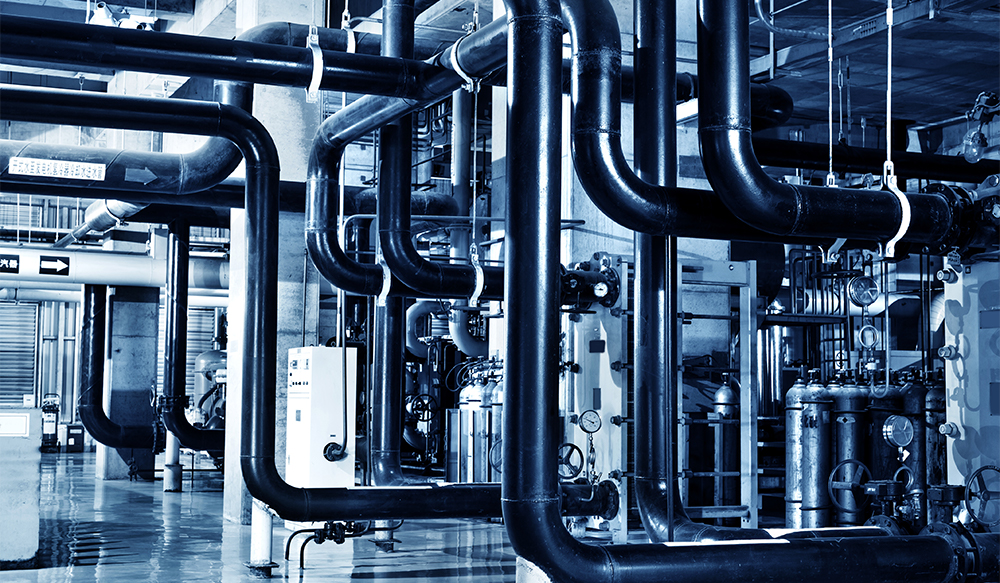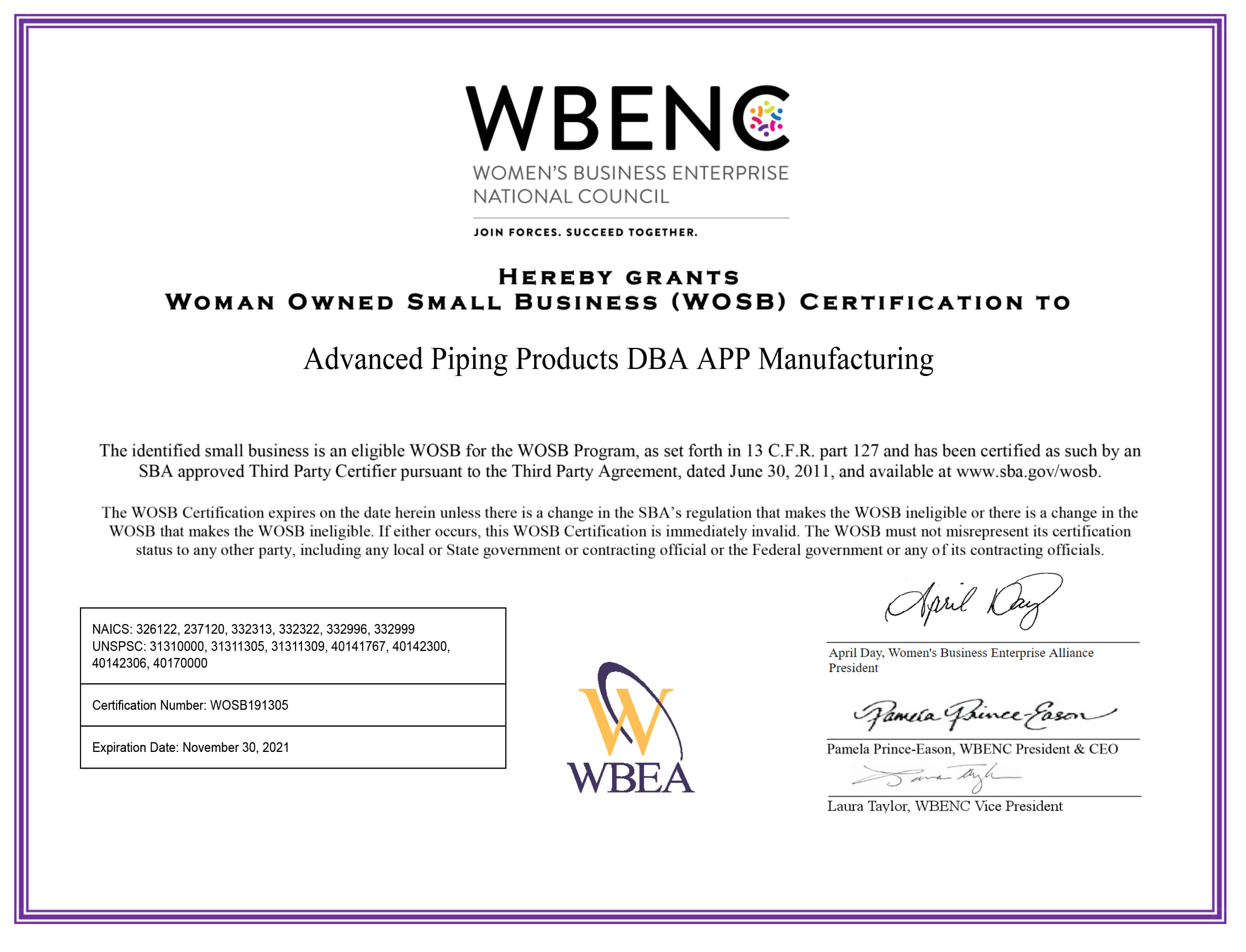
Want to improve your piping system? If you’re seeking improvements, you’re already on the right track. Too many people neglect their piping systems until it’s too late.
If you ask the right questions about your system, you can keep disasters at bay, avoid project interruptions, and increase the long-term lifespan of your pipes. Ready to up the performance of your piping system? Start by asking these four questions:
1. How Can I Stop Corrosion in My Piping System?
Corrosion is devastating piping systems across the nation. According to the U.S. Department of Transportation, it’s historically been one of the two most prevalent causes of pipeline failures. Here are a few ways to keep corrosion from wrecking your piping system:
Use Galvanization and finishes. Adding extra coatings to your pipe supports keeps metal from wearing down or chipping away. That means there are fewer places for corrosive materials to seep in. For outdoor metals, hot-dipped galvanization also adds a deep layer of zinc to fend off corrosion in harsh environments.
Reduce friction. When metal rubs against rough surfaces, it becomes more vulnerable to corrosion. That’s why it’s important to elevate pipes, protect supports with liners, take advantage of slide plates, or use thermoplastic coatings to reduce unwanted friction.
Keep metals clean and dry. When corrosive chemicals, bacteria, salt, or moisture gathers in a concentrated area, it jump-starts the corrosion process. You can keep these dangerous invaders out by using sealants to block off crevices or by adding drainage through weep holes.
Prevent galvanic corrosion. Galvanic corrosion is an electrochemical process that starts when dissimilar metals come into contact. You can avoid it by using pipe supports to separate metals that don’t get along.
2. Am I Minimizing Metal-to-Metal Contact?
Metal-on-metal contact hurts piping systems on two fronts:
- It leads to corrosion. As we mentioned above, pairing up certain metals can cause galvanic corrosion.
- It causes worn parts and breaks. Metals are hard and rough. When they scrape against one another, parts break or wear down.
Luckily, there are a few ways to minimize metal-on-metal contact. Pipe supports keep metals from scraping against one another. For instance, you can elevate piping with supports such as pipe shoes. This lifts pipes off of rough or corrosive surfaces.
Another option is to use wear pads, blocks, or flat plates to physically separate pipe metal from harsh surrounding surfaces.
3. Is My Piping System Built for Its Environment?
Some systems have it rougher than others. If your pipes and supports are exposed to salt-heavy air, extreme temperatures, or chemicals, they’re more likely to wear down quickly.
That’s why it’s important to account for all of those external factors when you’re improving systems.
For instance, if you’re operating an offshore rig, you may want to use non-conductive supports such as ProTek Wear Pads or ProTek Pipe Shoes to protect your system. Because these types of products don’t require welding, you don’t have to worry about problems like sodium stress cracking.
Do you have a cryogenic system that requires liquefied natural gas (LNG) or another substance that’s susceptible to freezing? You might want to consider using Cryotek Pipe Shoes that limit heat transfer and minimize ice formation.
The bottom line? Different piping systems call for different types of support. And the more you prepare for conditions, the better your system will perform.
4. Is Hardware Outdated?
Outdated hardware goes well beyond a single support or product. When hardware starts to break down, it can lead to broader destruction. Consider the power and vibrations your system is generating every day. Outdated supports can throw the whole system off, turn into bigger costs, and completely stop production.
Here are some signs your hardware may be wearing out:
- Excessive noise
- Visible rust
- You smell, hear, or see leaks
- There are consistent breakdowns
- There’s visible pipe sagging
If you identify hardware issues, remember to keep the whole system in mind. Rather than treating each problem as a one-off issue, consider how every support is working together.
Lengthen the Lifespan of Your System
Overall, the key to improving your piping system is asking where problems are most likely to occur. From there, as long as you do your research, you’ll be able to fight off those hazards with the perfect solution.
Ready to learn what supports are best for your system’s performance? Read our Complete Guide to Pipe Shoes to learn the ins and outs of elevating pipes.






